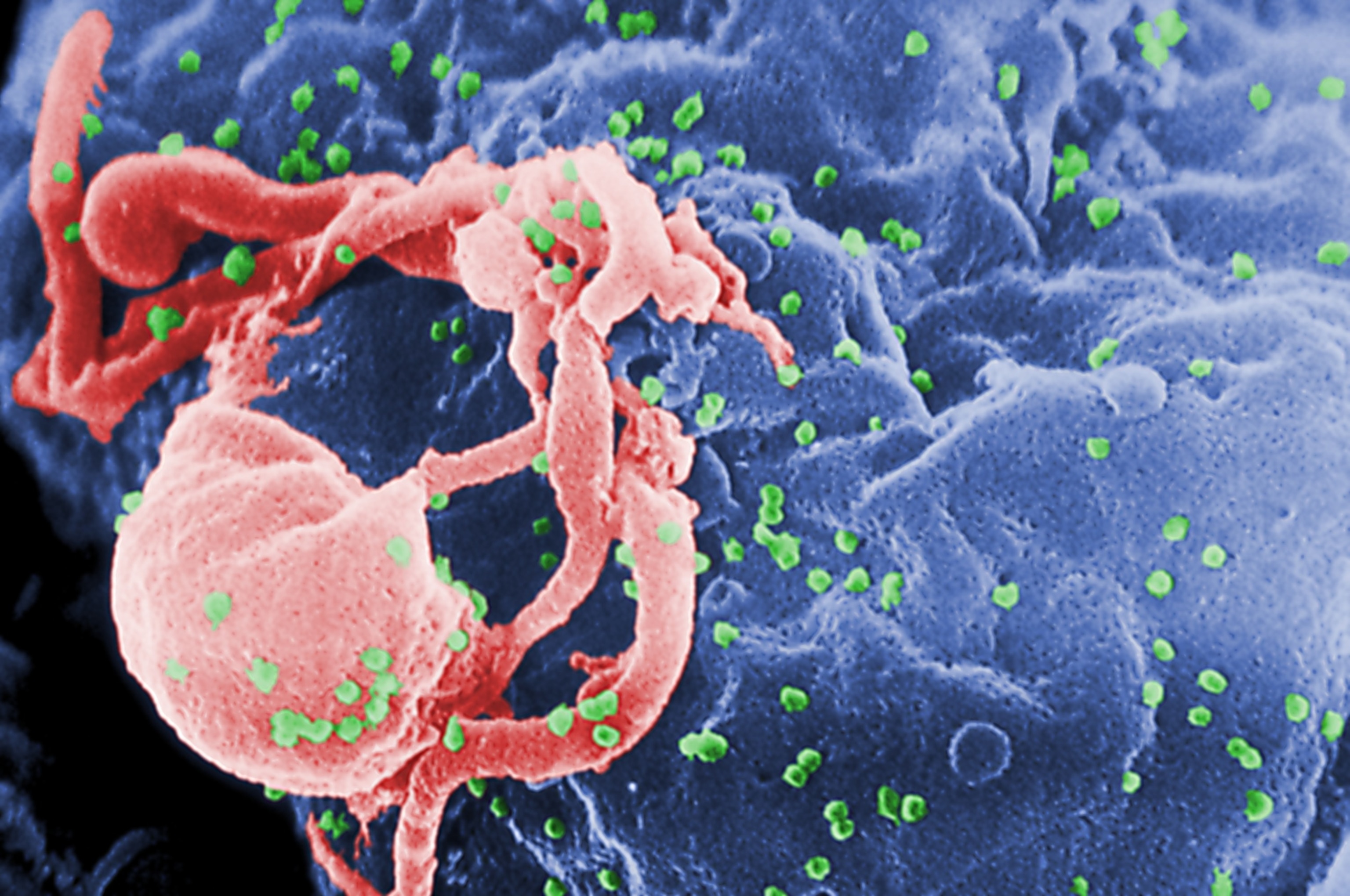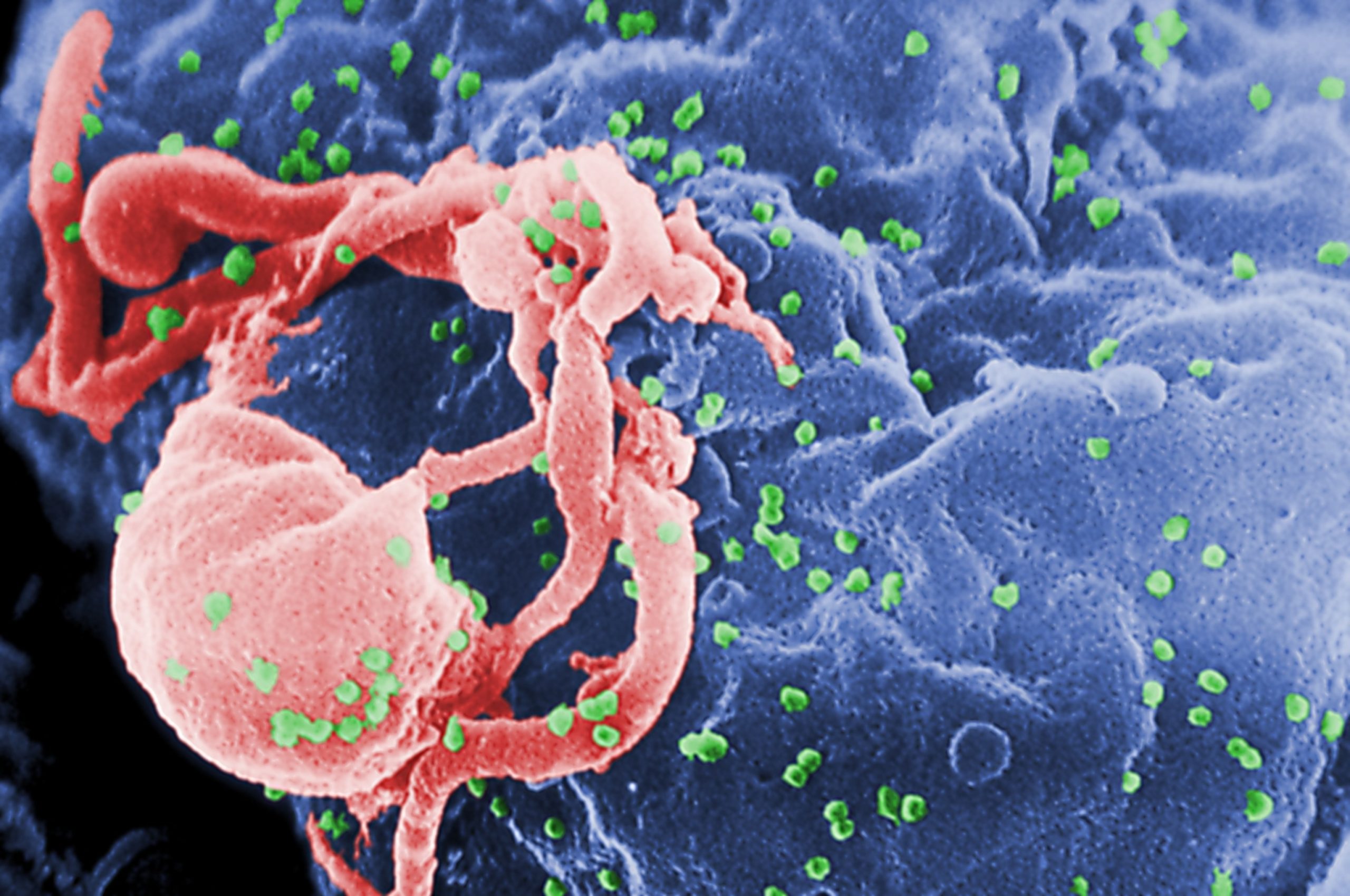Four children born with HIV were able to live virus-free for more than a year after their HIV medication was paused, according to results of a study funded by the National Institutes of Health.
The results of the P1115 study were announced on Wednesday at the 2024 Conference on Retroviruses and Opportunistic Infections (CROI), in Denver, Colorado.
The study explored the effects of early intensive antiretroviral therapy on achieving HIV remission in babies who acquired the virus before birth.
HIV hides inside the body, meaning their HIV eventually returned. However, the fact that they were able to live for more than one year medication-free and without detectable virus is offering scientists fresh hope that eventually, there may be a way to achieve long-term remission among children born with HIV.
No vaccine or treatment can cure HIV, a virus that attacks the immune system. The only known cures have been among a handful of adults with cancer who needed a risky bone marrow transplant, effectively replacing their immune systems. Today’s modern medications mean people with HIV can live long and healthy lives, but they must take medication for the rest of their life to keep the virus at bay.

In this 1985 file photo, a scanning electron micrograph (SEM) shows HIV-1 virions as green round bumps budding from the surface of a cultured lymphocyte cell.
Smith Collection/Gado/Getty Images, FILE
HIV can be passed during pregnancy, meaning some babies are born with HIV. In 2010, a girl dubbed the “Mississippi Baby” was born with HIV and treated with intensive HIV medication called antiretroviral therapy within hours of her birth. She was seemingly cured for a few years but tested positive again at the age of 4.
Still, the Mississippi Baby gave scientists hope that early and aggressive treatment in the hours after birth might be a way for children to achieve long-term remission, allowing them to live healthy lives without taking daily HIV medication.
The NIH invested heavily in global research studies to explore whether this is possible and the new data presented at CROI, summarized the results of one of those studies.
Eventually, all of the children in the study saw their HIV come back. But the fact that some of them had no detectable HIV for more than one year without taking medication means that it may be possible one day children born with HIV could be treated for a short period of time during childhood, rather than requiring lifelong treatment.
“This trial takes us a step closer to realizing another paradigm shift in which our approach to [antiretroviral therapy] could be so effective that it might be used for a season of life, rather than its entirety,” said Adeodata Kekitiinwa, MBChB, MMed, emeritus clinical associate professor in the Department of Pediatrics at Baylor College of Medicine, study investigator of record and clinical research site leader in Kampala, Uganda, in prepared remarks.
A recent study has made a groundbreaking discovery in the field of HIV research, finding that four children have achieved over a year of HIV remission following a treatment pause. This exciting development offers new hope for the millions of people living with HIV around the world.
The study, which was conducted by researchers at the International Maternal Pediatric Adolescent AIDS Clinical Trials (IMPAACT) Network, involved a group of children who had been diagnosed with HIV at a young age. These children had been receiving antiretroviral therapy (ART) to manage their HIV infection, but were taken off the medication as part of the study protocol.
Surprisingly, after stopping the treatment, four of the children were able to maintain undetectable levels of the virus in their blood for over a year. This period of remission is significant, as it demonstrates that the children’s immune systems were able to control the virus without the need for ongoing medication.
Dr. Anthony Fauci, Director of the National Institute of Allergy and Infectious Diseases (NIAID), which funded the study, commented on the findings, stating that “this research provides further evidence that achieving sustained HIV remission without lifelong treatment is possible.”
The implications of this study are far-reaching. Not only does it offer hope for a potential cure for HIV, but it also raises important questions about how the immune system can be harnessed to control the virus. Understanding the mechanisms behind this phenomenon could lead to new treatment strategies and ultimately, a cure for HIV.
However, it is important to note that this study is still in its early stages, and more research is needed to fully understand the implications of these findings. The researchers are continuing to monitor the children in the study to see if they will remain in remission without the need for ART.
In conclusion, this study represents a significant step forward in the fight against HIV. The fact that four children have achieved over a year of HIV remission following a treatment pause is a promising development that offers hope for a future without the burden of lifelong medication. As researchers continue to explore this phenomenon, there is renewed optimism that a cure for HIV may be within reach.



